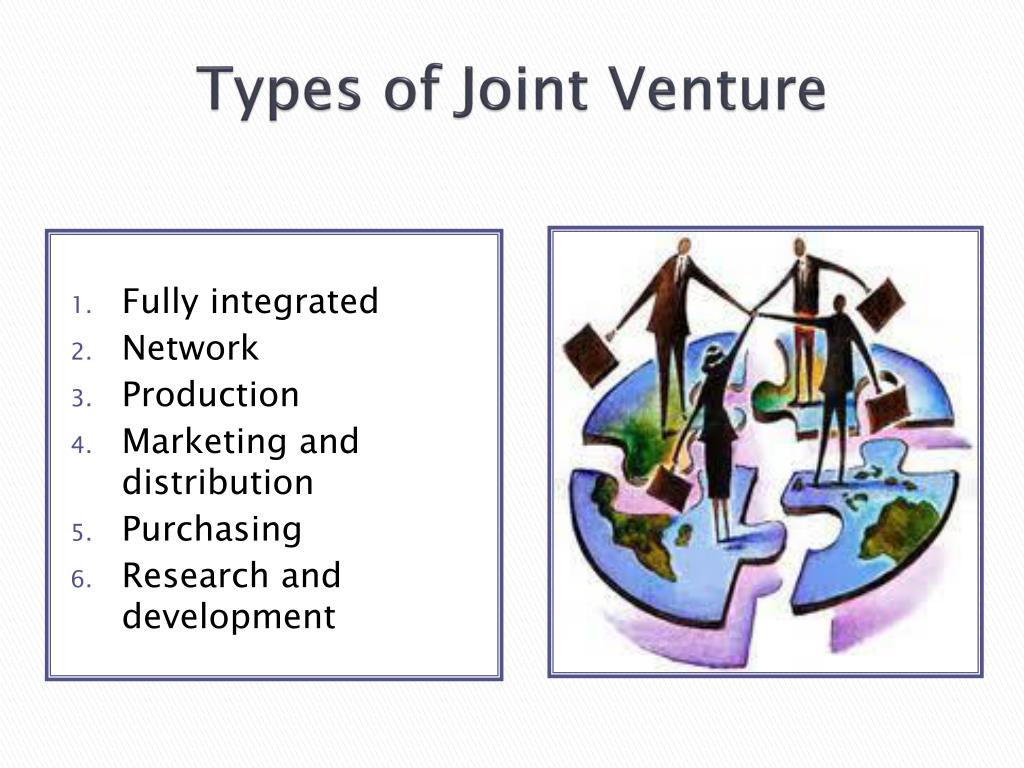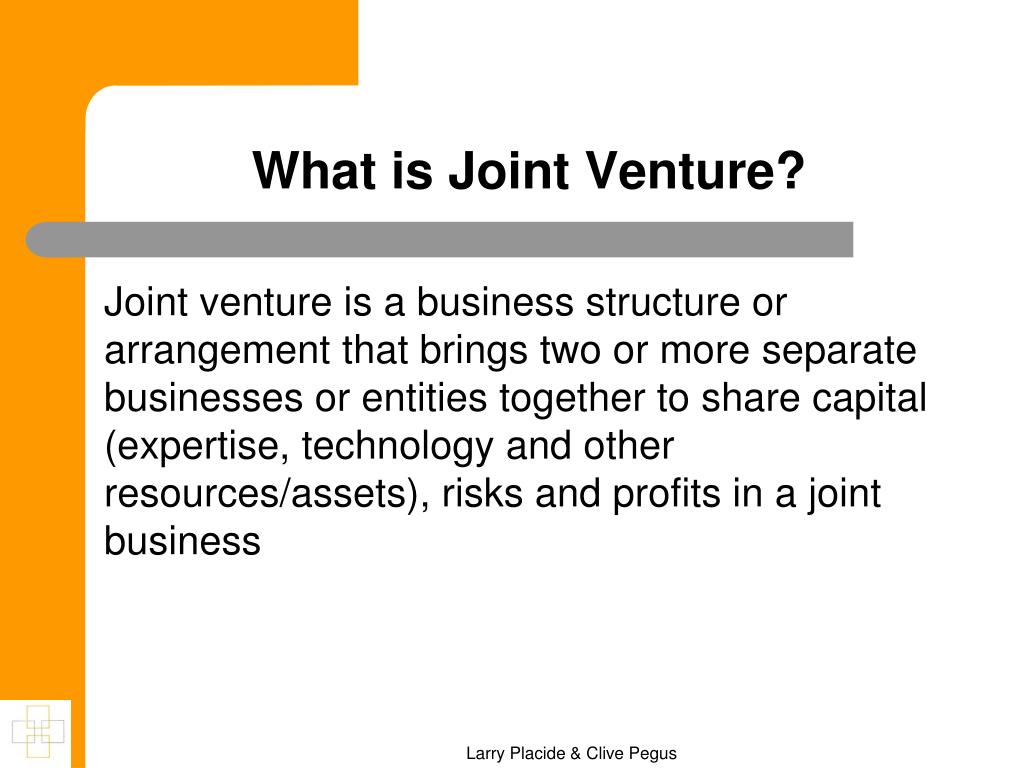
Investors in the fund are limited partners.Ī venture capital fund makes multiple investments in a stable of promising companies. General partners manage the fund and serve as advisors to the fund’s portfolio companies. Like other types of private equity funds, venture capital funds are structured as limited partnerships. The venture capital firm aims to sell off its stakes at a profit and distribute the returns to its investors. The VC firm’s objective is to grow their portfolio companies to the point where they become attractive targets for acquisitions or IPOs. While the company may not yet be profitable, the outlook is promising. At this point, startup companies should be generating revenue and demonstrating robust growth.
#VENTURE DEFINITION SERIES#
Series D, series E and series F rounds are late-stage VC funding. The funding amounts are greater than the seed round, as startup founders are ramping up their businesses. Typically designated as series A, series B and series C rounds, early stage capital helps startups get through their first stage of growth. This is the first round of VC funding, in which venture capitalists offer a small amount of capital to help a new company develop its business plan and create a minimum viable product (MVP). Some venture capital funds specialize in particular stages, while others may consider investing at any time. Stages of Venture Capital InvestingĪs portfolio companies grow and evolve, they pass through different stages in the VC process. Often, capital is provided in multiple rounds and the VC firm will take an active role in helping run the portfolio company.

If the due diligence process is successful and the growth outlook for the business is promising, the VC firm will offer capital in exchange for an equity stake. Extensive due diligence is vital to making good investment decisions.
#VENTURE DEFINITION PROFESSIONAL#
Regardless of how far along the business is, a VC firm also takes a deep look at the principals-everything from their education and professional experience to relevant personal details. If the VC firm considers the business plan to be promising, it will conduct due diligence, which entails a deep dive into the business model, product, management, operating history and other areas pertinent to assessing the quality of the business and idea.

Portfolio companies get access to the VC fund’s network of partners and experts. Venture capital offers entrepreneurs other advantages. Startup founders have deep expertise in their chosen line of business, but they may lack the skills and knowledge required to cultivate a growing company, while VCs specialize in guiding new companies. VC investors typically participate in management, and help the young company’s executives make decisions to drive growth. Fledgling companies sell ownership stakes to venture capital funds in return for financing, technical support and managerial expertise. Venture capital (VC) is a form of private equity that funds startups and early-stage emerging companies with little to no operating history but significant potential for growth.

It takes ample financing for a startup to get from vision to execution, and for many entrepreneurs venture capital provides critical financial support in the initial stages of growth. Every great company starts with a great idea, but even the best ideas don’t go far without money.


 0 kommentar(er)
0 kommentar(er)
